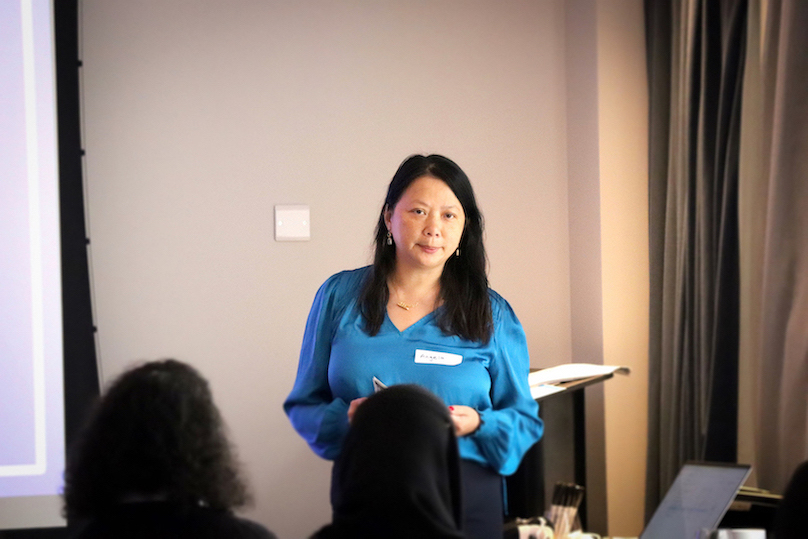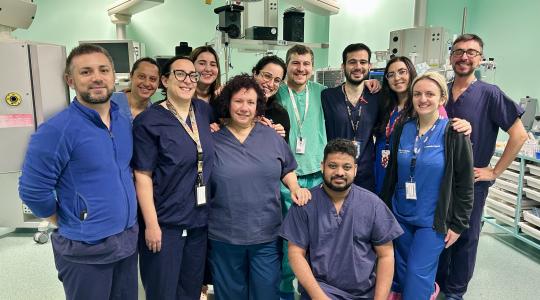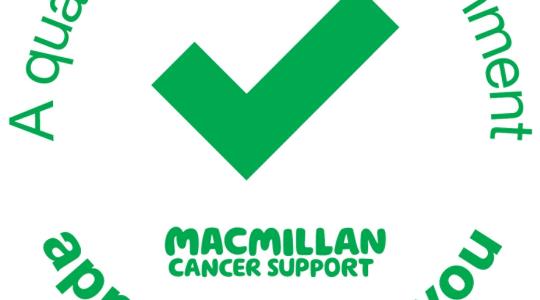Making improvements for cancer patients through Multidsciplinary Team Meetings
On Wednesday 5 July 2023, the 75th birthday of the NHS, the North East London Cancer Alliance brought together cancer staff from across north east London for a unique engagement event to look at how we can make positive changes to treatment and care for cancer patients.
The focus was on Multidisciplinary Team Meetings (MDTMs). This is where a group of health and care staff who are members of different organisations and professions (e.g. GPs, clinicians, nurses) come together to make decisions regarding the treatment of individual patients and service users.
MDTMs are central to the management of patients with cancer, and they were introduced over 20 years ago to reduce variation in decision-making and access to best care for cancer patients. There is increasing pressure on cancer MDTMs due to the increasing volume of patients and resource challenges.
The engagement event aimed to bring our cancer teams from north east London together to collectively decide how MDTMs will look and feel moving forward. The day was superbly organised by Ellen Quinney, Programme Manager, Diagnosis & Treatment for the NHS North East London Cancer Alliance, who made sure there was representation from all three of our providers – Barts Health; Barking, Havering and Redbridge University Trust (BHRUT); Homerton Healthcare. Over 50 clinical and non-clinical cancer staff attended in person on the day.
Throughout the day, we worked hard to consider what we needed to do differently around MDTMs to make sure they continue to be fit for the future. This included hearing what work the trusts have already done on MDTMs and to consider what aspects need improving. This has all helped to inform a future programme of work which aims to set the standard for the use of MDTMs in cancer care.
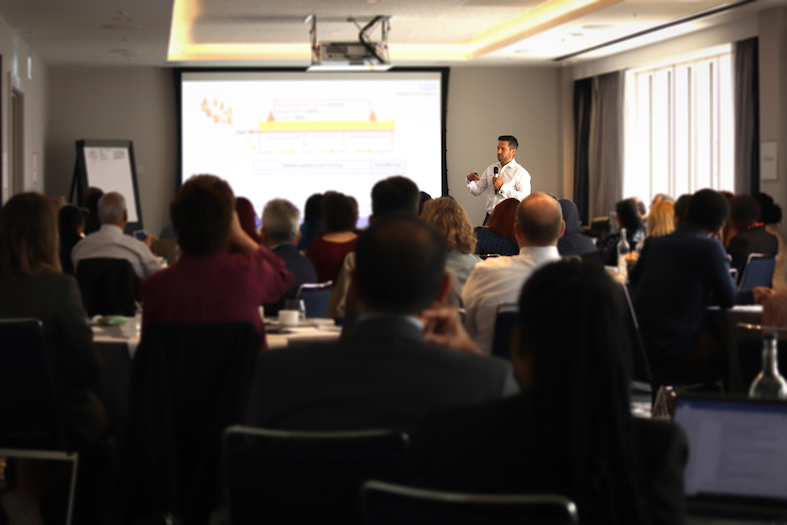
Ben Lamb, Clinical Lead for MDTM development for the North East London Cancer Alliance says “MDTMs are the cornerstone of cancer care, but are under increased workload and resource pressures. This programme intends to bring healthcare professionals, managers and patients together to find innovative ways of improving patient care and staff wellbeing by optimising the way we work. The team at the cancer alliance and I are committed to co-developing and implementing innovations with the MDTMs in north east London.”
As well as a presentation from Ben on ‘The Challenges in MDTM working and opportunities for improvement’, the event included presentations from all three providers sharing lessons from their organisation. The speakers were:
- Femi Odewale, Managing Director of the North East London Cancer Alliance: ‘The Cancer Alliance Role’
- Henna Roberts, Senior Change Manager, Quality Improvement, Barts Health: ‘St Barts Hospital, MDTM Improvement’
- Sas Banerjee, Cancer Clinical Lead for BHRUT: ‘MDTM Engagement – the BHRUT approach so far’
- Charlotte Rowe, Cancer Clinical Lead for Homerton Healthcare: ‘Homerton Cancer Update’
- Abigail Lee, Barts Health Cellular Pathology Clinical Lead: ‘Cellular Pathology and MDT Meetings’
There were also many interactive sessions throughout the day, with the help of an external facilitator. We captured all the thoughts and ideas from the participants, but we prioritised and themed these to create workstreams. These workstreams will be built on as the programme develops and may include areas such as Technology, Pathology, Ways of Working, Streamlining.
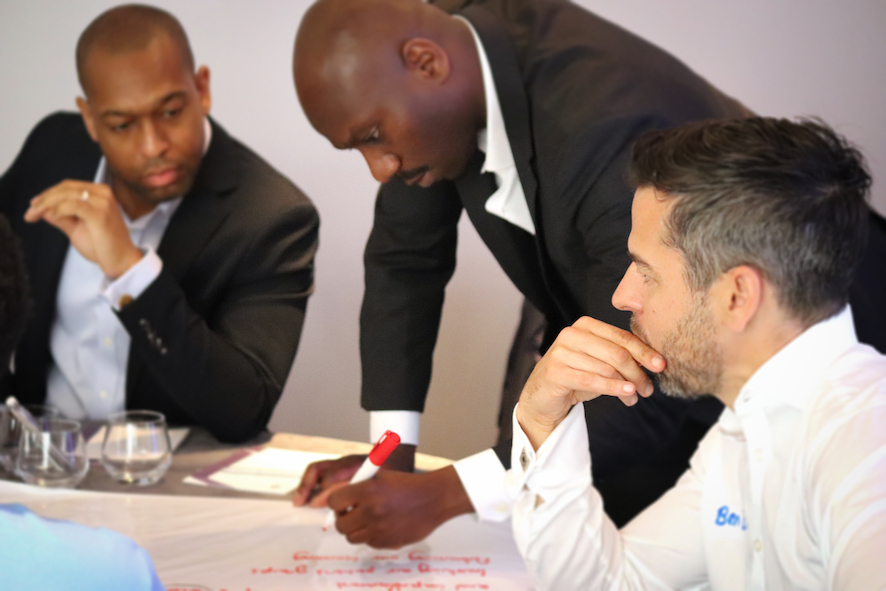
The next steps will be to formulate a steering group that can dive deeper and drive forward some of the identified priorities The patient voice will be added to this programme of work. We have already canvassed a general consensus around MDTMs from Patient and Carer Voice in Cancer - our cancer alliance patient voice group.
Angela Wong, Chief Medical Officer for the North East London Cancer Alliance, summed up the day. “It was fitting that this event took place on the 75th anniversary of the NHS, which as an organisation has always had an emphasis on continuous improvement. It was so good to see so many different people from different organisations coming together to work collaboratively as one voice, with a shared aim: to improve cancer patient care and reduce inequality. I’m really looking forward to seeing this work lead to practical and recognisable benefits for our cancer patients and our teams.”
